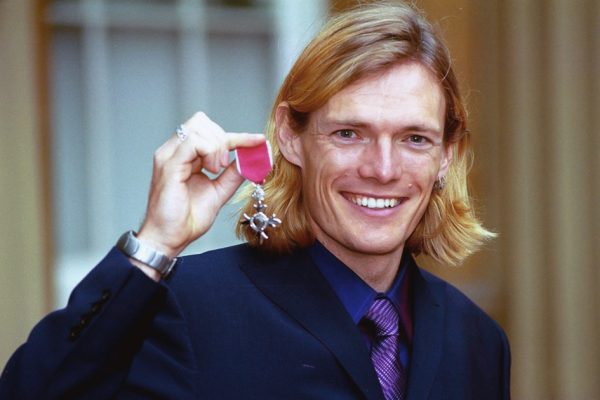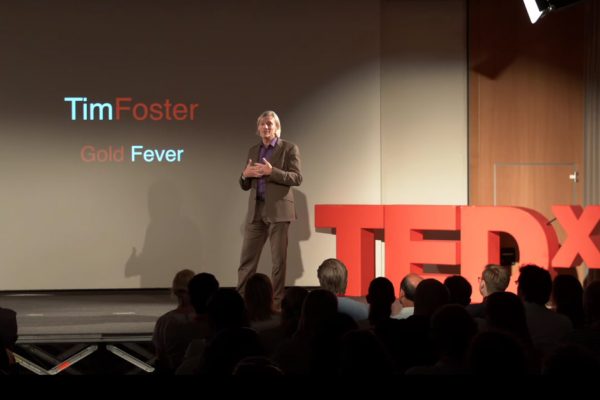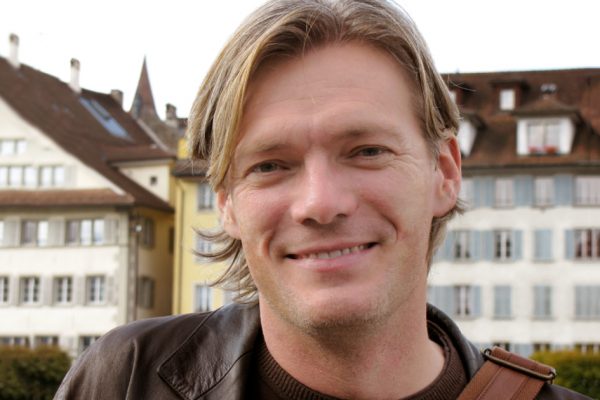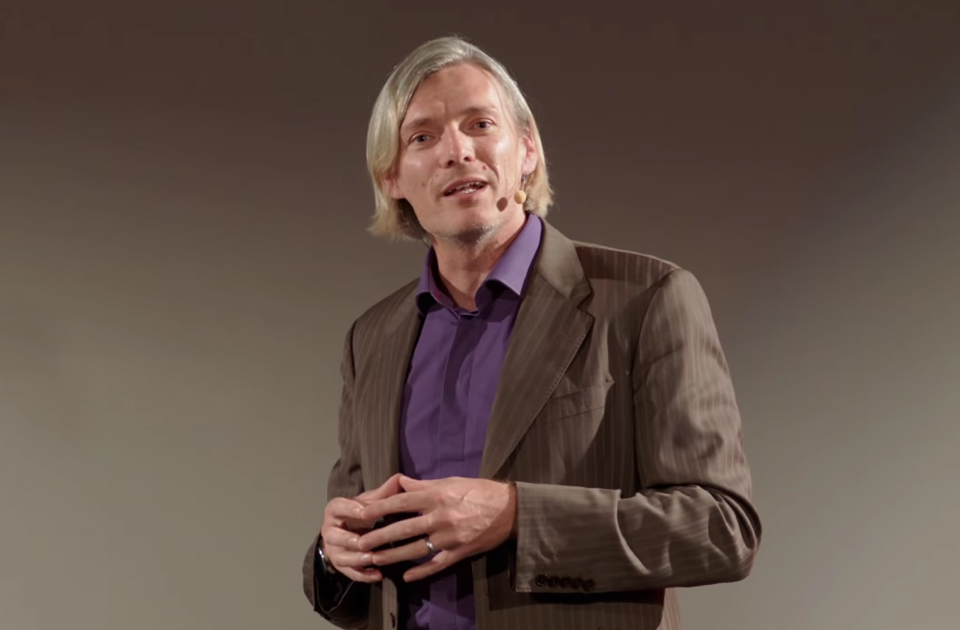During his 25-year rowing career, Tim Foster won two gold medals in the Rowing World Championships, an Olympic bronze and, of course, an Olympic gold. Tim retired almost immediately after the games mainly because of a back injury he acquired, but also because he had achieved his dream of achieving an Olympic gold. Tim started coaching the British rowing team and three years later he was approached by the Swiss national rowing crew, an opportunity he took advantage of. He became the Head Coach of the Swiss National Rowing Team for seven years, taking them to their most successful results for 16 years, before deciding it was time to move on. Tim then enrolled in a business course at the Said Business School in Oxford.
With his EMBA Tim now has the full skill set for a speaker, not only of the winning and team mentality and drive, but also the business knowledge, leadership skills and communications expertise to transform individuals and companies.
Teamwork
Leadership
Motivation
Achieving Peak Performance
Goal Setting and Achieving
The Olympic Spirit
After Dinner
Host and Awards
Interview with Tim Foster
What are the main differences you found regarding the transition from competitor to coach?
My athlete days ended, and literally overnight I was Jürgen Grobler’s assistant and was coaching the GB team. I had wanted to be a coach and had thought I would be good at it. I discovered it wasn’t as easy as I thought, as there were far more facets to it than just technical expertise. It took me years to realise that coaching wasn’t about “what I would have wanted as an athlete”. A good coach was different for everyone, and I was never going to coach me as an athlete; therefore I had to adapt as a coach. I did do a study into the lack of top athletes who become top coaches, and still ask the question whether it is a hindrance or a help to have been a top performer?
What advice would you give to up and coming coaches, whether in sport or business?
Coaching can be as rewarding as being the performer itself. The best coaches are committed and engaged and yet are able to see the big picture. It is important to manage the micro-cycles, not just for those you are responsible for, but also for yourself; and also to constantly challenge yourself in what you do and what you can do better. I was lucky enough to coach my team to be World Champions in my first year of coaching, the best advice I then received was “anyone can do it once” from someone who has coached at the top for over 40 years. In order to stay at the top you need to determine and then hold on to your core values and yet challenge the edges of what you believe.
What impact has Technology and Data had on the sport of Rowing and sport in General?
I recently found some old footage of my early World Championships as an athlete, and it was remarkable how things have changed during my career.
We can now measure physiological changes and determine the physical characteristics of what a potential Olympic champion looks like. We can adapt our equipment to biomechanical optimums and greatly improve the transfer of human effort into boat speed. We can also analyse boat movement to infinite detail, therefore radically affecting technique, race analysis and tactics. One of the skills of rowing has been how to apply the new-found knowledge, and how to use the new technology. The successful teams have managed to integrate the new innovations to enhance a basis of what they were already doing well.
What key Leadership messages would you list as being paramount when driving a team to Olympic Gold?
There is not one single answer to “What makes a great leader?” but there are many commonalities to great leadership, despite different situations and individuals. In order to drive their team to exceptional performance the leader needs to have the winning mind-set that is similar to the performer themselves; they need to work in and with their team; they need to provide the structure, develop the process, and promote the culture that are all necessary for success. Given all this, and as mentioned before, the best leaders are able to challenge, adapt, and improve themselves.
Since the Team GB medals what has Tim Foster been up to?
Since retiring as an athlete after the Sydney Olympics; I continued to work in rowing as a team coach, then Head Coach, and now consultant, for the following 4 Olympics. I have coached around the world and have enjoyed the challenges that presented. More recently I did an Executive MBA at Oxford’s Saïd Business School so that I could gain more knowledge in how to apply my sporting background into the business world. I run my own business and hopefully still learn from my own mistakes!
How to book Tim Foster
Tim is the archetypal Olympic champion and 5 times Olympian. He uses the lessons learned on the way to his Olympic gold medal, to show business audiences how to achieve their own goals, setting them on the winning path, both professionally and personally.
He is a popular and amicable speaker with a relaxed style, using anecdotes and humour, bringing his presentations warmth and credibility, thereby entertaining, inspiring and motivating.
If you would like to book Tim Foster for your next event, please call Nick Hester on +44 1628 601 416 or send an email to nick.hester@speakers.co.uk.




